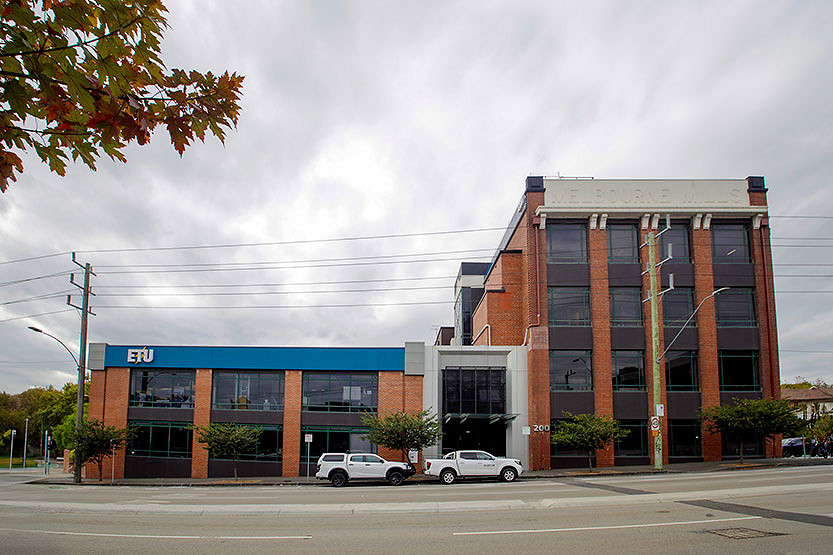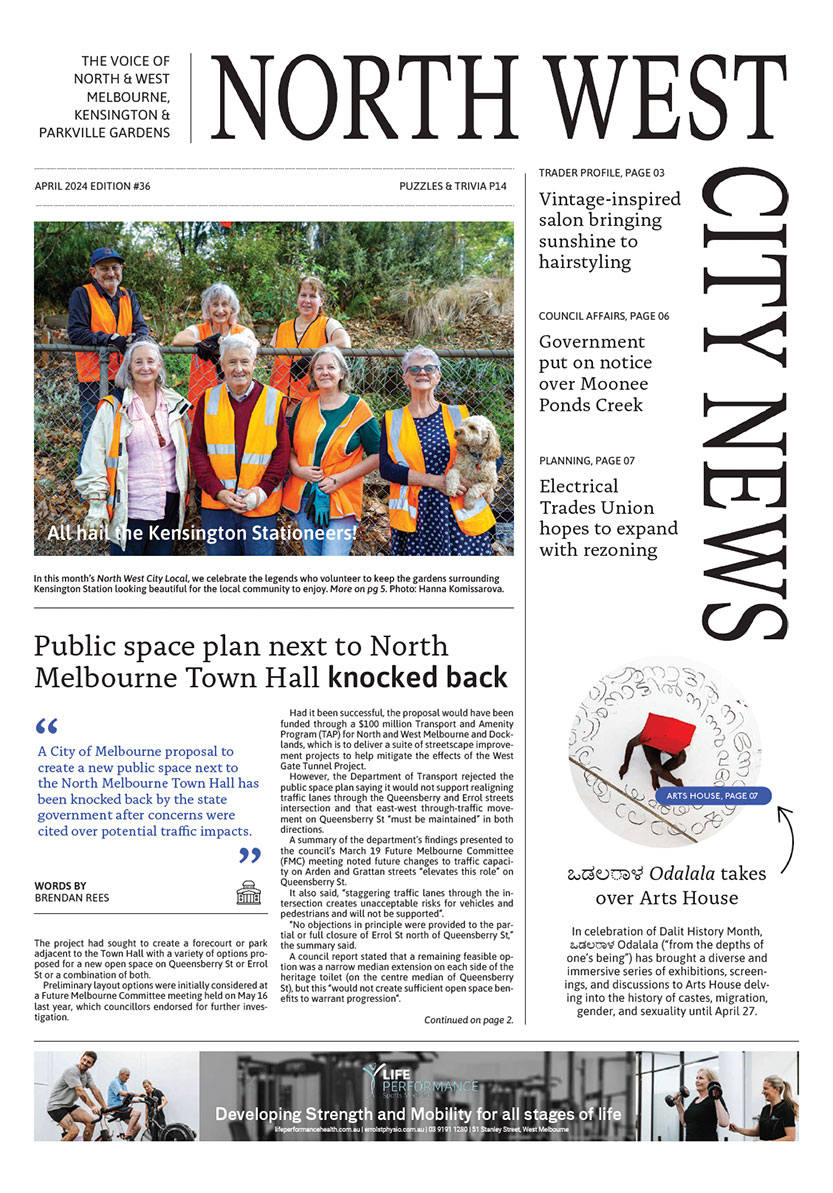Council review finds lack of social and affordable housing a “major planning issue”
A once-per-term City of Melbourne review has pinpointed key areas of concern, and questioned the time now taken for planning scheme amendments to be approved.
Limited investment in social and affordable housing combined with a growing population and rising house prices was a “major planning issue” across the City of Melbourne, a council review has found.
The review of Melbourne’s Planning Scheme, conducted once every four years by the council and sent to the planning minister, also found that an “appropriate mix” of land had not been reached in Macaulay, instead resulting in a “predominance of residential developments”.
The council said its planning scheme – the policies which control the use and development of land – was currently limited in how it could increase the number of affordable homes locally.
Delivery relied on the council offering additional development rights to landowners in exchange for the provision of affordable housing.
“Limited investment in social and affordable housing combined with a growing population and rising housing and rent prices means there are not enough affordable homes in the municipality,” the review stated.
The success of securing affordable housing is dependent on council being able to negotiate with developers at the planning permit stage.
“Along with the voluntary nature of the agreement, council planners are also challenged by the absence of a concise definition of affordable housing in the planning scheme which is clear and unambiguous in interpreting what is meant by the terms social housing and the range of income levels.”
As a result, the review advocated for a state planning policy such as inclusionary zoning, which requires a minimum percentage of units be affordable for people with low to moderate incomes, to provide certainty in the delivery of more affordable housing.
The review acknowledged that, given the Victorian Government had released its Housing Statement in September, the current planning environment was “dynamic”.
A response to the current housing crisis, the Housing Statement proposes to controversially relocate 10,000 residents across 44 public housing towers commencing in Carlton, followed by Flemington and North Melbourne, then demolish the towers and rebuild the sites with a mix of private and social housing.
A lack of social and affordable housing was one of three “major” planning issues facing the municipality according to the council.
The impacts of climate change and achieving a balanced mix of land use in major precincts, were the other two.
On the latter, it said council’s vision for housing alongside a “vibrant mix of shops, offices [and] spaces for small and medium-sized enterprises and start-ups” in Macaulay had not been realised.
“Achieving an appropriate mix of land-use outcomes is a challenge in Macaulay given that the Mixed-Use Zone which currently applies [there] has not achieved a diversity of uses, instead resulting in a predominance of residential developments,” it stated.
The council’s bid to rectify this by rezoning much of the land within the precinct “to support a genuine mix of uses” (via the Macaulay Urban Renewal Precinct Amendment C417) is currently before the planning minister awaiting a decision.
Councillors endorsed an amended motion at the December 5 Future Melbourne Committee meeting that also questioned why planning scheme changes were taking so long to be approved by the planning minister.
“The average time it takes to pursue a planning scheme amendment from beginning to end has grown considerably since the 2018 Melbourne Planning Scheme review,” the motion read.
“The integrity of the Victorian planning system demands that the causes of unreasonable delays in amending the planning scheme be identified and addressed.”
The amended motion stated that, in addition to this, the council and state government had not been rowing in the same direction on what needed to be prioritised.
“Delays in the planning scheme amendments process and misalignments between council and state expectations on amendment priorities remain the foremost barriers to efficient planning scheme administration.”
Deputy planning chair Cr Rohan Leppert said the administration of, and amendments to, the planning scheme was a “hugely complicated affair”, and that as the capital city council, the City of Melbourne’s was “the most complicated and most important planning scheme in the state”.
He said that the council had experienced difficulties at a political level getting planning scheme amendments through the system.
“I’ve done a little bit of a crude analysis based on the last eight years or so worth of planning scheme amendments, just to see if they’re taking a bit longer than they used to. I think the general answer is yes,” he said at the December 5 meeting.
“Those reasons [for delays] are many are varied, but I do think they need to be analysed properly so that the department, when they read our report, and so that we when we look back on this report in future, can understand this as a moment in time in the history of the Victorian planning system where things are more complicated than they used to be."
"Planning schemes are longer than they used to be, and planning scheme amendments are slower than they used to be. It’s important that we understand why that is.”
The government’s Housing Statement proposed “significant” changes to refine processes, timeframes, and responsibilities.
The council said that “significant progress” had been made in implementing the recommendations of the previous planning scheme review in 2018. •

Jo Ryan unveils Ordered Chaos at Blender Studios






 Download the Latest Edition
Download the Latest Edition